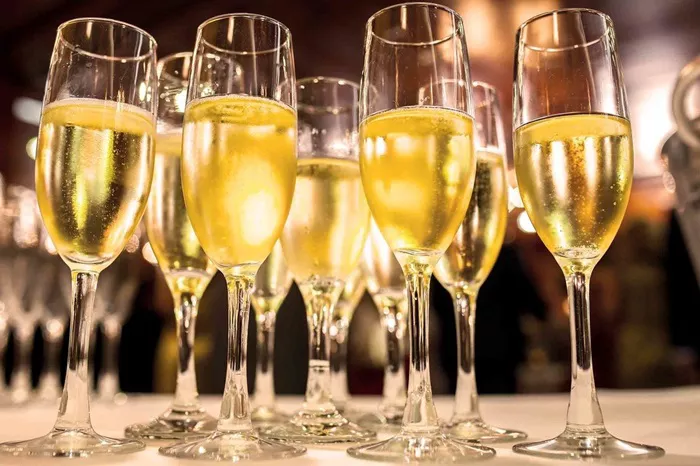One of the world’s largest wine producers claims to have overcome a longstanding challenge in the creation of alcohol-free wines—retaining flavour. Treasury Wine Estates (TWE), a global industry leader, has announced the development of a patented, industry-first process that removes alcohol from wine without compromising taste. The innovation was unveiled alongside the launch of a $15 million de-alcoholisation facility in South Australia’s Barossa Valley this week.
The move comes as global demand for no- and low-alcohol (NOLO) beverages accelerates, driven by health-conscious consumers and evolving drinking habits. Despite the growth, flavour consistency has remained a key hurdle in the NOLO wine segment.
TWE’s Chief Supply and Sustainability Officer, Kerrin Petty, explained that preserving the wine’s aroma was essential to achieving a full-bodied, flavour-rich product. “The first thing to leave a wine when you take it through the [de-alcoholisation] process is the aroma,” said Petty. “How you then capture that and put it back into the wine—so that when the consumer tastes the wine, the first thing they do is smell it—starts to give you that perception of quality before they put it in their mouth.”
The new facility brings the de-alcoholisation process entirely in-house for TWE, representing a significant leap forward in production capability. Petty confirmed the company had a patent pending for the new method and emphasized its focus on maintaining aroma, mouthfeel, and visual appeal—elements considered fundamental to a quality wine.
“People have been at this for a while, and the technology is improving rapidly,” Petty added. “What we were trying 24 to 36 months ago is vastly different to what we’re putting in a bottle now.”
TWE first entered the low-alcohol wine market in 1993, but the recent technological advancement marks a significant milestone in the refinement of NOLO products.
Meanwhile, academic research is exploring the behavioural drivers behind this market shift. University of Adelaide researcher Dr Hannah Ford is investigating how psychological and social factors are shaping wine consumption trends. Her research highlights the impact of self-identity, emotional response, and social influences on the decision to purchase NOLO products.
“Consumers are becoming more sober-curious, and moderation trends are growing,” Dr Ford noted. “There’s a rise in these products, but whether that’s aligning with consumer needs we’re not sure. Taste is key.”
Ford emphasized the importance of further research across wine varieties—including sparkling, rosé, white, and red—at different alcohol levels. She also suggested that larger wine brands entering the NOLO space may benefit from consumer trust and brand loyalty.
“We do expect to see a bit of market saturation with the bigger brands,” said Ford. “Consumers are perhaps more likely to try a NOLO wine that’s associated with a brand they’re familiar with.”
As global interest in sustainable and health-conscious drinking continues to grow, the wine industry is expected to undergo further transformation. TWE’s technological advancement may signal a turning point in the production of NOLO wines, potentially setting a new standard for flavour and quality in the category.
You Might Be Interested In:


